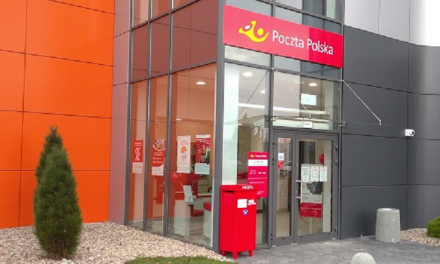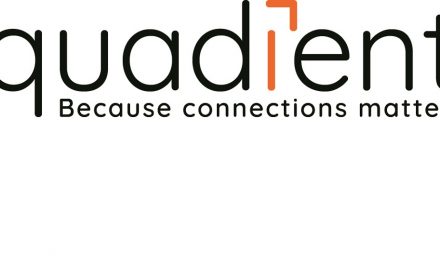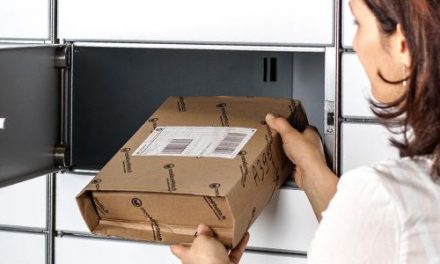
The physical connection

Phil Hutchison, operational marketing director with Neopost, explains why physical communication continues to be important in a digital world. On an average day, a consumer will receive a number of different communications in a wide variety of formats. Whether it’s a bank statement in the morning post, an email promoting a retailer’s sale or a tweet announcing a new product range, the number of communication channels has proliferated as technology has progressed. Over the last decade, digital communication has become a key channel for organisations, however the impact of direct mail cannot be underestimated. A recent report carried out by Royal Mail, ‘This time it’s personal’, revealed that 92 percent of respondents had an emotional response to valued physical mail, with the same percentage taking action as a result.
One way of making mail ‘valued’ is to make it personal to the recipient. People appreciate and will most likely respond to material that is specific to them, for example an appointment reminder or a recommendation of new products based upon previous purchases. In fact, when asked to choose an interesting or useful item of mail, 85 percent of those asked selected an item received from a brand they already had a relationship with.
Physical communication has the power to evoke an emotional response, something digital channels can sometimes struggle to achieve. By sending tangible, personalised communication, consumers gain a sense of ownership and are more likely to share with others. A good example comes from the online accommodation rental platform, Airbnb, which, last year, launched a quarterly paper magazine called ‘Pineapple’. Despite the company’s purely digital existence being a main driver of its rapid growth, the decision was taken to produce a physical magazine that would match the journey of the average Airbnb user. Indeed, after booking a holiday the majority of an individual’s experience is taken offline as hosts and travellers share their stories with friends and family. Airbnb realised the emotions that can be evoked through physical communication and its magazine is now in the homes of many of its customers.
It’s undeniable that physical communication provides some very real benefits. A common problem, however, is that many businesses are reliant on manual processes to manage their physical mail and, while the communication method itself may be traditional, they should be turning to more modern technology to maximise its value. This includes using address management tools to ensure data is up-to-date or investing in equipment that can fill envelopes quickly and accurately. Both of these examples reduce the opportunity for human error, which will cut out the unnecessary costs incurred should correspondence be sent to the wrong place.
Ultimately, as digitisation continues to make its way up the boardroom agenda, businesses need to make sure they aren’t in any rush to deprioritise physical mail. As the Royal Mail report indicates, a successful direct mail campaign can offer brands very positive growth opportunities. Clearly still valued by the customer, businesses should see physical communication as a way of maintaining and growing relationships, and should subsequently adopt automatic processes that will drive efficiency and value.













